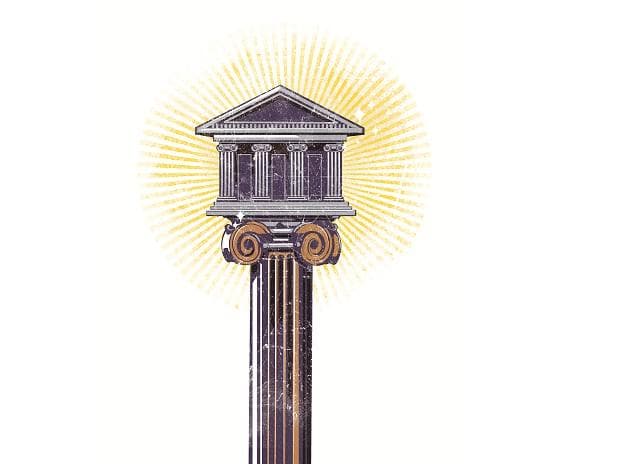Nykaa was started in 2012 by Falguni Nayar. It has raised $93.3
million excluding the lastest fund infusion by Steadview Capital
Omnichannel
lifestyle retailer Nykaa has secured Rs 100 crore in funding from its existing
investor UK-based Steadview Capital as a primary investment.
This comes as the
Mumbai-based cosmetic retailer scaled down operations, focussing only on daily
essentials, amid countrywide lockdown
on account of the Covid-19 outbreak.
"Please note
we are only accepting prepaid orders for now on daily essentials," the
company's website said.
"We have
started deliveries to select pin codes in Mumbai, Pune, Delhi and
Bangalore," Nykaa said customers may experience delays in delivery due to
local constraints and it was working to restart deliveries in other cities.
"We are very
grateful to achieve this significant milestone. We deeply value the trust and
support of our investors, customers and brand partners who have been
instrumental to our success," said Falguni Nayar, founder and chief
executive officer, Nykaa
on the funding development.
"We believe
the company is poised for a strong growth trajectory in the years to come. The
company’s focus on customer service and capital efficiency stands out in the
Indian e-commerce space," said Ravi Mehta, founder and chief investment
officer of Steadview Capital.
Nykaa was started
in 2012 by Falguni Nayar. It has raised $93.3 million excluding the lastest
fund infusion by Steadview Capital, according to data compiled by Crunchbase.

















